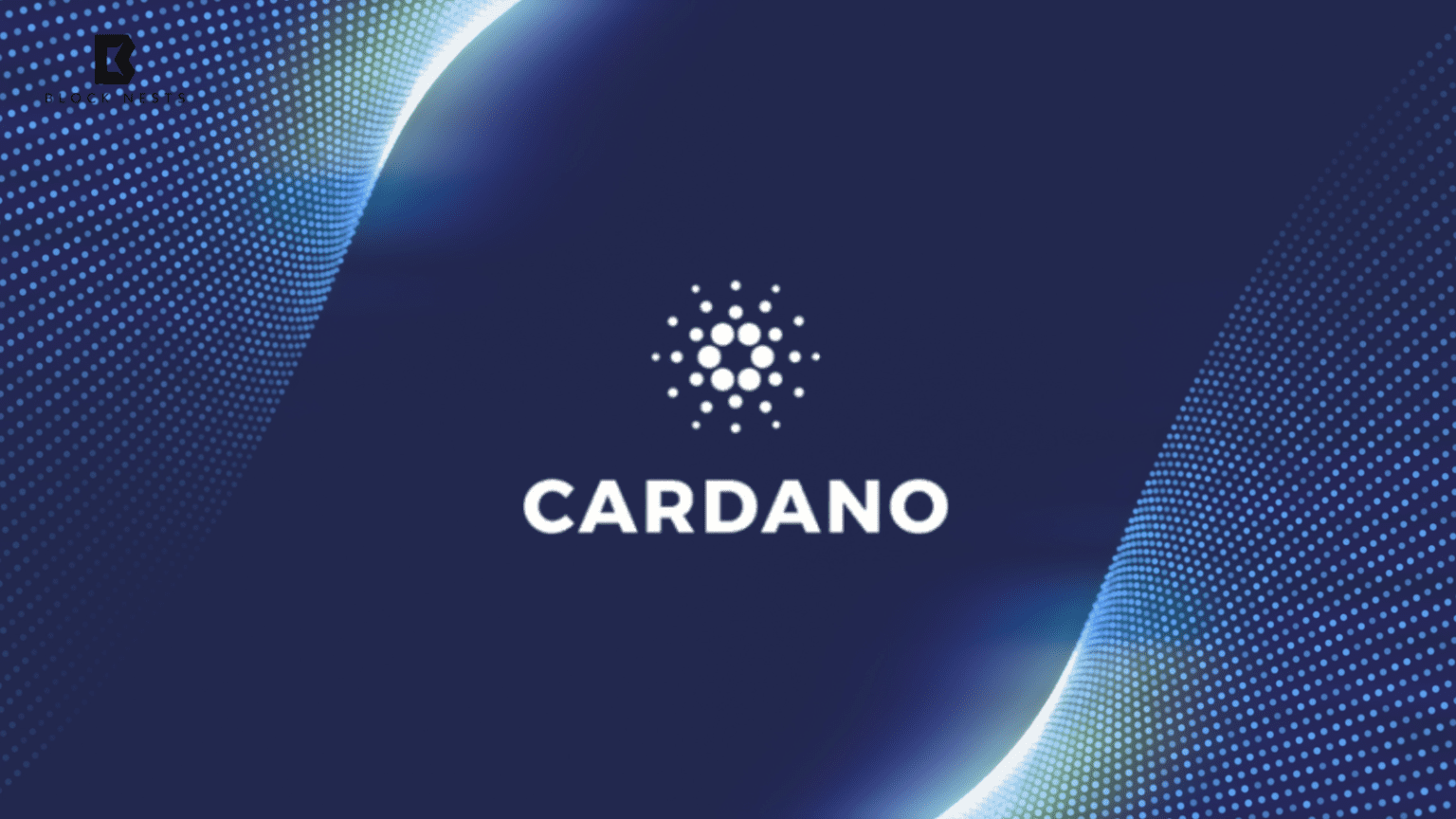- An Ethereum researcher has proposed a new block proposal system using a shared random algorithm to counter centralization in block-building.
- The system aims to decentralize block proposals, eliminate block-level MEV, and enhance fairness.
- The approach prioritizes trustlessness over-optimization, potentially reshaping Ethereum’s consensus mechanism.
Ethereum’s Proof of Stake (PoS) model, coupled with the Proposer-Builder Separation (PBS) framework, was designed to mitigate Maximal Extractable Value (MEV) exploitation.
However, PBS has led to a different issue: an overwhelming centralization of block production. As of February 2025, two builder-relay coalitions control roughly 80% of all Ethereum blocks, raising concerns about decentralization and fairness in the network.
Addressing Ethereum’s Centralized Block-Building Problem
A newly proposed system aims to address this issue by introducing a shared random algorithm for block proposals. Unlike the current system, where a few powerful builders construct blocks for validators to propose, this approach allows all Ethereum clients, such as Geth and Nethermind, to participate in block construction using a cryptographic random selection method.
This method would eliminate the dominance of centralized builders and create a fairer, more distributed proposal mechanism. The proposal uses Byzantine Fault Tolerance (BFT) to maintain network security and consensus.
Shifting block-building responsibilities to all Ethereum clients could eliminate block-level MEV, align with Ethereum’s decentralized vision, and preserve compatibility with Danksharding, the network’s long-term scalability solution.
How the Shared Random Algorithm Works
The proposed system uses RANDAO and a Verifiable Delay Function (VDF) to randomly select transactions for block proposals, giving all Ethereum clients equal participation. Instead of relying on centralized builders, every client independently builds blocks using the same random algorithm.
These blocks are broadcast to validators, who execute transactions, remove invalid entries, and agree on the final block through a consensus process. The random selection prevents entities from manipulating transaction order, eliminating block-level MEV.
Validators who reach a consensus are rewarded fairly, while the system also supports Danksharding by randomly selecting rollup data (blobs). Although the system may sacrifice some optimization benefits of the current PBS model. It prioritizes decentralization, fairness, and trustlessness, breaking the dominance of a few centralized players.
Balancing Decentralization and Scalability
Unlike PBS, where a few entities dominate. The proposed system improves decentralization by distributing block-building power across thousands of Ethereum clients. Its random selection process eliminates block-level MEV, making transaction ordering fairer.
The system could also speed up block times through parallel proposals to 6–8 seconds. However, it trades off gas fee optimization and rollup sequencing efficiency, which PBS handles better. Synchronizing mempool data across all clients remains challenging, especially during high network traffic.
The shared random algorithm offers a promising alternative by redistributing power and reinforcing trustlessness. Future tests will assess its performance in mempool sync and rollup compatibility.
If fairness is prioritized, this model could reshape Ethereum’s block proposals, though PBS may still suit those focused on scalability. Further debate and testing are expected in the months ahead.
Related Reading: Bitcoin’s (BTC) Bearish Trend: Opportunity or Warning Sign?
How would you rate your experience?






